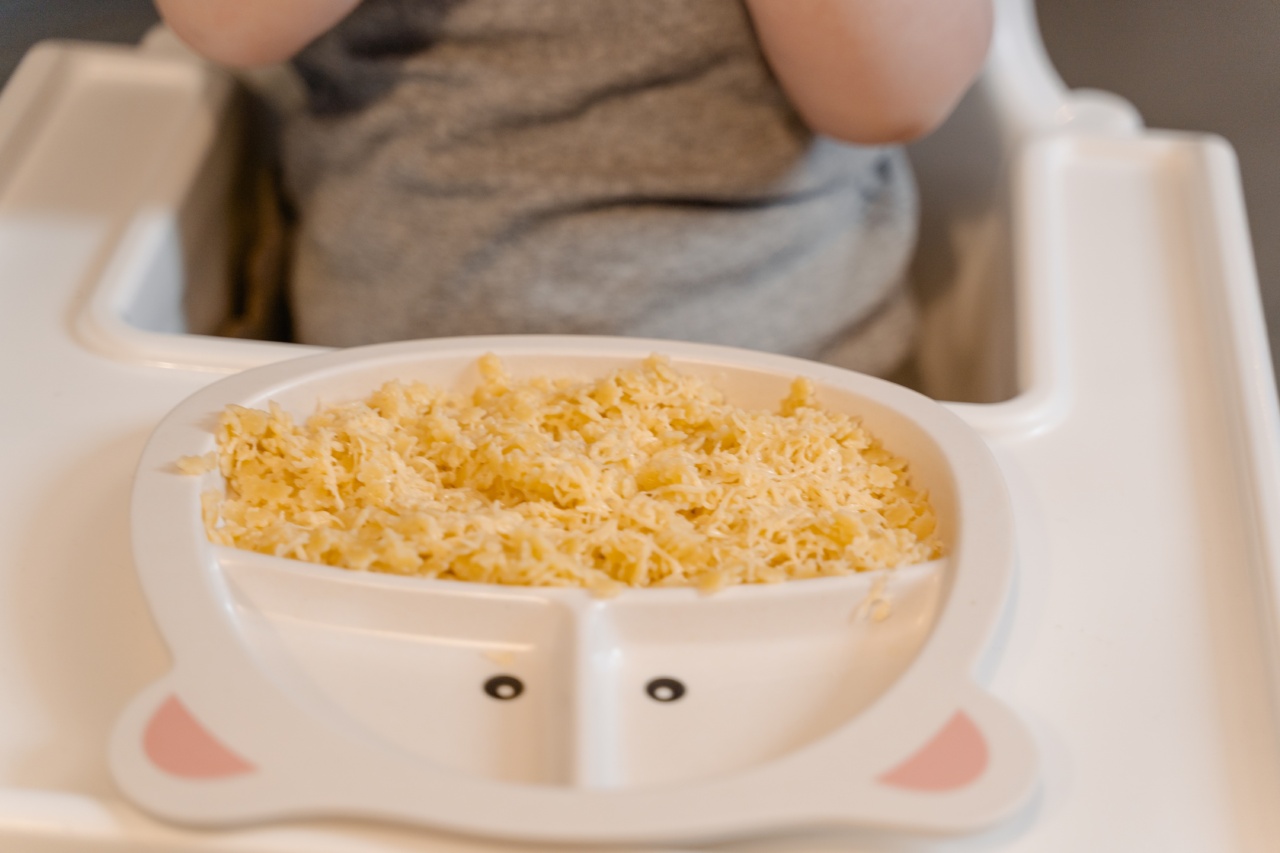Maternal health plays a crucial role in determining the well-being of infants. The physical and mental health of expectant mothers significantly impact the growth and development of their babies.
This article aims to shed light on various factors that can influence infant health during pregnancy, childbirth, and the postpartum period.
1. Prenatal Care and Infant Health
Prenatal care refers to the medical care provided to expectant mothers throughout their pregnancy. It involves regular check-ups, screenings, and tests to monitor the health of both the mother and the developing fetus.
Adequate prenatal care is essential for promoting infant health and reducing the risk of complications.
Regular prenatal visits allow healthcare providers to identify and address any potential health issues in pregnant women.
Early detection and management of conditions such as gestational diabetes, high blood pressure, and infections can significantly reduce their impact on the developing baby. Prenatal care also includes education on healthy behaviors, such as proper nutrition, exercise, and avoiding harmful substances like alcohol and tobacco, which can affect fetal development.
2. Maternal Nutrition and Infant Health
The nutritional status of the mother directly affects the growth and development of the fetus. A well-balanced and nutrient-rich diet supports optimal fetal growth, reduces the risk of birth defects, and promotes overall infant health.
Adequate intake of essential nutrients like folic acid, iron, calcium, and omega-3 fatty acids is vital during pregnancy.
Poor maternal nutrition, on the other hand, can lead to a range of adverse outcomes for infants, including low birth weight, premature birth, and developmental delays.
Insufficient intake of key nutrients can increase the risk of birth defects and impair the baby’s cognitive and physical development. It is important for expectant mothers to consult healthcare providers and follow a recommended prenatal diet to ensure optimal nutrition for both themselves and their babies.
3. Maternal Mental Health and Infant Health
Maternal mental health is closely linked to infant health and development. Pregnancy and childbirth can bring about significant changes in a woman’s emotional and mental well-being, making it crucial to address any mental health issues promptly.
Conditions such as depression, anxiety, and postpartum depression can impact a mother’s ability to care for her baby effectively.
Infants of mothers experiencing mental health problems may be at a higher risk of adverse outcomes, including impaired emotional and cognitive development.
Maternal mental health can affect bonding and attachment between the mother and child, which plays a crucial role in the baby’s overall development. It is essential for healthcare providers to assess and address maternal mental health concerns to ensure positive outcomes for both the mother and the infant.
4. Access to Maternal Healthcare Services
Access to adequate maternal healthcare services is a critical factor in promoting infant health. Disparities in access to healthcare disproportionately affect marginalized communities and can lead to poorer outcomes for both mothers and infants.
Lack of access to prenatal care, maternal education, and support services can increase the risk of complications during pregnancy and childbirth.
Efforts to improve access to maternal healthcare services must focus on reducing barriers such as financial constraints, geographic distance, and cultural or language barriers.
Providing comprehensive and culturally sensitive care can significantly enhance the well-being of both mothers and infants, reducing the chances of adverse outcomes and promoting positive birth experiences.
5. Postpartum Care and Infant Health
The postpartum period, which begins immediately after childbirth, is a critical time for both the mother and the newborn. Adequate postpartum care is essential for promoting maternal recovery and ensuring the well-being of the infant.
Regular check-ups, support, and education during this period contribute to positive outcomes for both mothers and infants.
Postpartum care includes monitoring the physical and emotional well-being of the mother, as well as providing guidance on newborn care, breastfeeding, and postnatal nutrition.
Timely identification and management of postpartum complications and mental health issues are vital for promoting positive long-term outcomes for both mothers and infants.
6. Maternal Well-being and Positive Outcomes
Maternal well-being encompasses physical, mental, and emotional health, and has a significant impact on infant health.
When expectant mothers are well-supported and have access to comprehensive healthcare services, they are more likely to experience positive outcomes during pregnancy, childbirth, and the postpartum period.
Factors that contribute to maternal well-being include social support, healthcare access, education, and the presence of a nurturing and safe environment.
The promotion of maternal well-being not only benefits the mother but also has long-lasting effects on the growth and development of the infant.
7. Conclusion
The effects of maternal health on infant health cannot be overstated.
Prenatal care, maternal nutrition, mental health, access to healthcare services, and postpartum care all play crucial roles in promoting positive outcomes for both mothers and infants. Understanding these effects is essential for policymakers, healthcare providers, and communities to develop strategies and interventions that prioritize the well-being of expectant mothers and their babies.
By addressing the multifaceted aspects of maternal health, we can pave the way for healthier pregnancies, safer childbirth experiences, and a brighter future for both mothers and infants.































